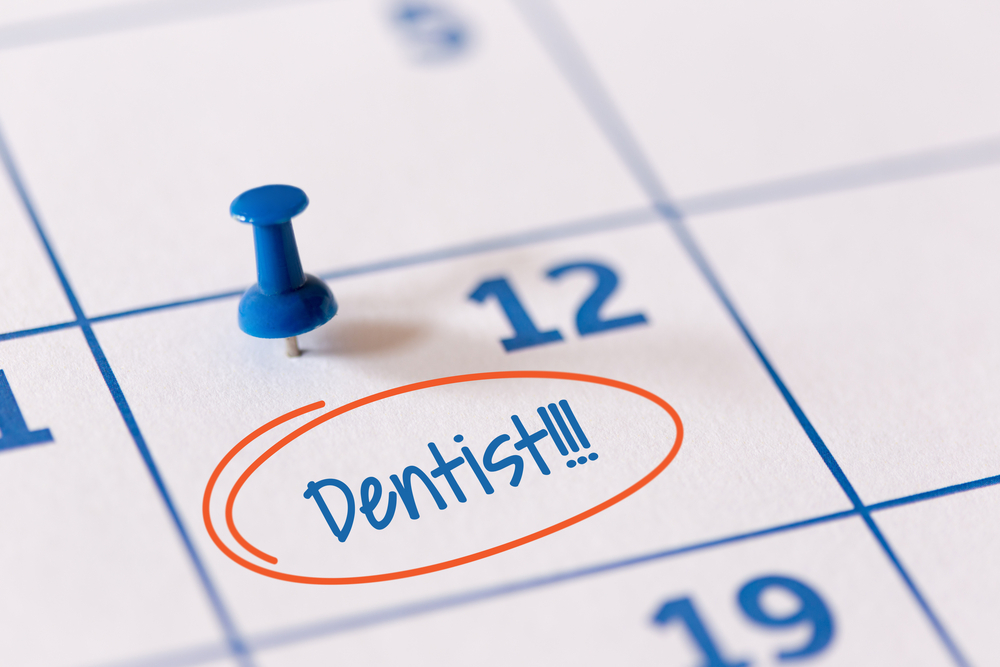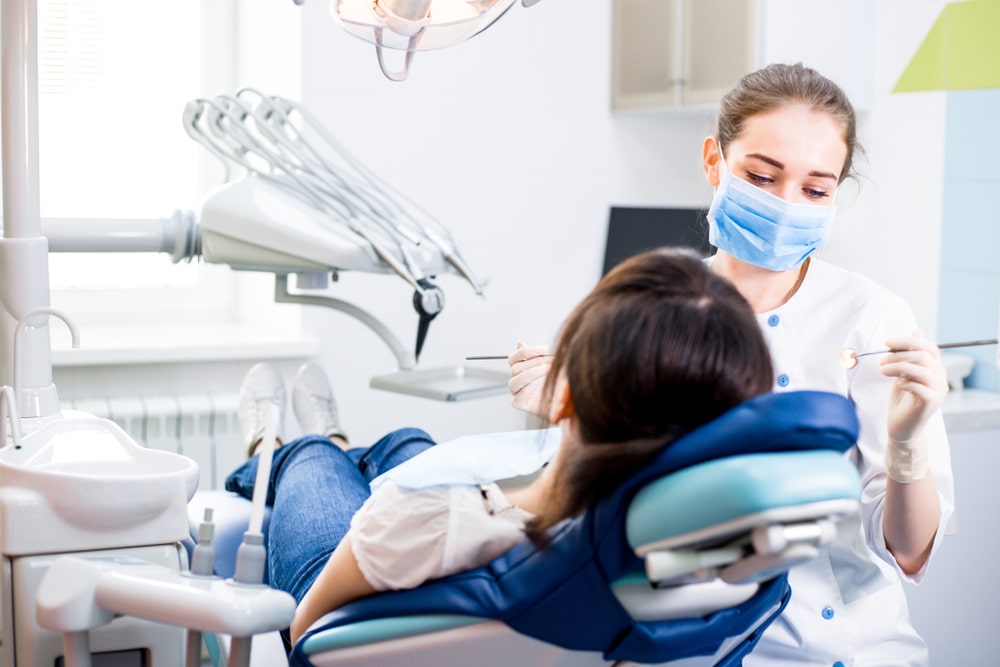If your dentist has recommended a dental debridement prior to your next cleaning and exam, you may be confused and maybe even a little bit nervous. After all, a debridement sounds a little bit scary and painful. The good news is, debridement isn’t scary or painful – and it’s certainly nothing to be afraid of. Here’s what you need to know about dental debridement.
What Is Dental Debridement?
Dental debridement is a process of removing excess plaque and tartar from the teeth. Dental debridement is not used for the average checkup. It is not used for the normal level of plaque most people accumulate every six to 12 months between checkups, but it is a useful procedure for more severe buildup that generally takes years to accumulate. Debridement is completed using special ultrasonic tools that clean and scale the teeth prior to a dental exam, so they are clean enough to be examined by the dentist during the actual dental examination.
What Happens During Debridement?
During a debridement, the exposed portion of the teeth that sits above the gumline is scraped with special tools used specifically for dental debridement procedures. During a debridement procedure, any parts of the teeth with buildup below the gumline are cleaned with ultrasonic tools that break up the tartar below the surface of the gums. Though it is generally well tolerated, the ultrasonic deep cleaning of the gums may cause some soreness and inflammation of the gums following the procedure. In severe cases where the plaque is particularly dense, the patient is sent home for their gums to heal and is asked to return in several weeks (anywhere from two to six weeks) for the regular cleaning and exam. In other cases, the patient may be able to have their exam on the same day, depending on the condition of the teeth and gums post-debridement. In the meantime, the patient must begin proper oral hygiene to maintain the cleaning and to prevent further buildup from accumulating on the teeth. Post exam, you should plan to visit Dr. George twice annually for your regular cleaning and exam, and continue brushing twice a day for two minutes at a time and flossing at least once a day. To learn more about dental debridement or to schedule an appointment with Dr. George, please call 724-220-2347.




